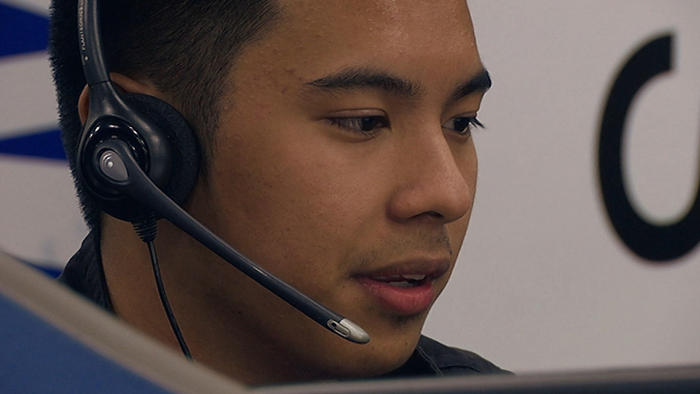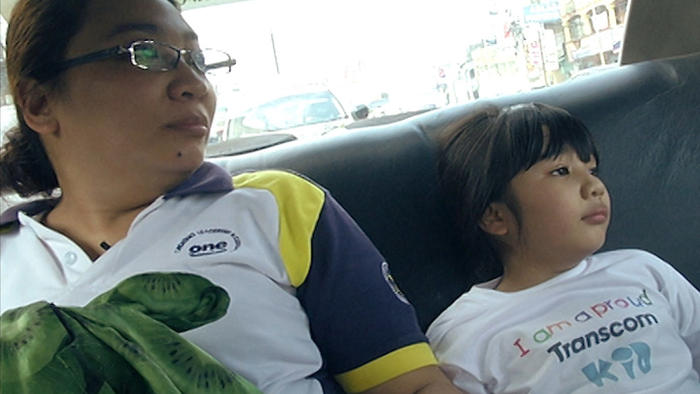
Over the past few years we’ve sadly reported multiple instances of Australian call centre jobs heading offshore, typically to the Philippines. Whilst its been a frustrating experience for most of us, a new video by SBS has revealed the other side of the equation. In a story aired on Dateline, reporter Kathy Novak got to know a couple of Filipino call centre workers and reveal just what its like for them. The article and link to the video are below.
Who’s at the receiving end of Australian calls to Filipino call centres? Dateline dials in to a world of round-the-clock working in return for abuse and racism, but also the reward of being part of a Philippines’ success story.
Moving call centre work to Asia from countries like Australia has long been controversial, but around a million Filipinos rely on it.
It’s a thriving industry, where jobs are highly sought after. Salaries are relatively low, but many wouldn’t be able to support themselves otherwise.
“It’s like you’re getting to an office in Manila – once you put the headsets on, everybody is in Australia,” 20-year-old Alex Magno tells Kathy Novak on Dateline.
He dropped out of university to work there and support his family.
On the wall behind him, there are pictures of a koala and kangaroo. For those speaking to the US, it’s Mickey Mouse ears. For the UK, it’s Stonehenge. And they all receive cultural training.
But Dateline hears some of the abusive calls – even death threats – that the operators have to put up with.
“They immediately ask for someone located in Australia to help them out,” another worker Dennis says.
“They tell me: you don’t know what you’re doing, you’re a monkey, we’re just feeding you peanuts to get work.”

The Philippines has become so successful in the business, it’s overtaken India as the world’s largest call centre hub. The industry is worth $300 billion worldwide each year.
But being available for different timezones 24 hours a day comes at a high cost for the workers.
Anna May works constant night shifts and is the sole income provider for her entire family.
“I got into this almost by accident and ended up enjoying the work,” she tells Kathy.
When she starts work, she drops off daughter April at the 24 hour crèche. Then has to wake her at 4am when it’s time to go home.
“The weekends, you’re not able to devote it fully to your family because you take up half the day of Saturday catching up on sleep,” she says.

There are even sleeping quarters – some workers bunk there for several days at a time, only returning to their families on their days off.
Will it make you think different next time you call? See more of The Secret Lives of Call Centre Workers by watching the full story at the top of the page.
Watch the video here: http://www.sbs.com.au/news/video/740484675563

Be the first to comment